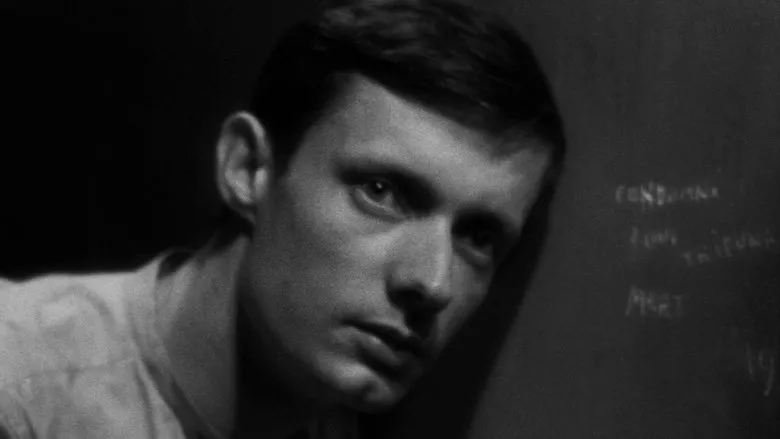Beyond the Walls: Six Understated Prison Escape Movies Worth Your Time
The allure of the prison escape movie lies in its gripping tension, the ingenuity of its protagonists, and the fundamental human desire for freedom. While classics like The Shawshank Redemption often dominate the conversation, there’s a treasure trove of lesser-known or often-overlooked films that deliver equally compelling narratives of incarceration and liberation. This collection highlights six such cinematic gems that deserve wider recognition – have you embarked on all these thrilling journeys toward freedom?
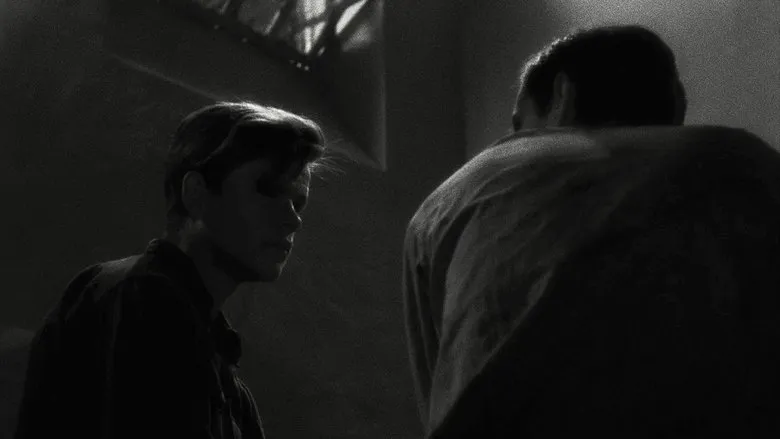
1. O Brother, Where Art Thou?
Far from a conventional prison escape thriller, the Coen brothers’ O Brother, Where Art Thou? opens with a daring breakout that sets the stage for a wholly unique American odyssey. What truly elevates this film, however, is its profoundly soulful musical tapestry. The blend of folk, bluegrass, and gospel isn’t just background noise; it’s a vibrant character in itself, embedding itself in your memory long after the final notes fade. George Clooney, famous for his suave roles, delivers a brilliantly nuanced and genuinely endearing performance as the often-hapless Ulysses Everett McGill, proving his versatility and comedic timing.
The film is a quintessential Coen brothers’ creation, steeped in their distinct brand of satirical storytelling. It masterfully weaves a rich depiction of 1930s Depression-era Americana, seamlessly blending themes of religious redemption, the stark reality of the Ku Klux Klan, and profound human connections. At its core, O Brother, Where Art Thou? is a heartwarming exploration of relationships. The playful yet strong camaraderie between the “three stooges” — Everett, Pete, and Delmar — stands as a testament to the enduring power of simple, brotherly love. This eccentric “Odyssey” even remarkably manages to banish its namesake “Homer” from the narrative, a bold artistic choice only the Coen brothers could execute with such confident brilliance.
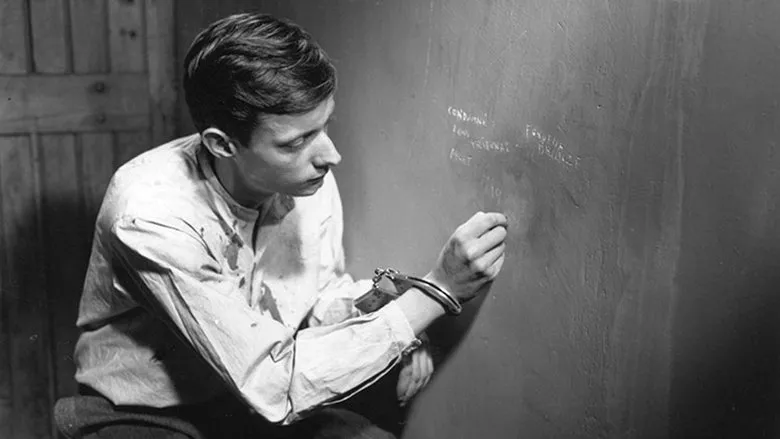
2. Escape from Alcatraz
Don Siegel’s Escape from Alcatraz plunges the viewer into a relentlessly tense and understated world of captivity and meticulous planning. The film barrages you with scene after scene of methodical preparation, culminating in that unforgettable, almost surreal wooden head finale that has become etched into cinematic history. This narrative subtly winks at the audience, reminding us that this isn’t mere fiction; it’s a dramatic retelling of one of the most audacious real-life prison breaks imaginable, and yes, the historical accounts often painted the warden as equally inept.
Consider this classic a gritty precursor to more emotionally charged prison dramas like The Shawshank Redemption. Escape from Alcatraz meticulously focuses on the nitty-gritty mechanics of escape: the ingenuity, the patience, and the sheer physical effort required to breach the seemingly impregnable island fortress. While it doesn’t delve as deeply into the intricate psychological impact of prolonged prison life, its strength lies in its procedural realism. Clint Eastwood’s portrayal of Frank Morris, while undeniably solid and stoic, leans at times a bit too heavily into the heroic archetype, which some might argue detracts slightly from the raw authenticity the film otherwise strives for. Nevertheless, it remains a masterful display of sustained suspense and human determination.
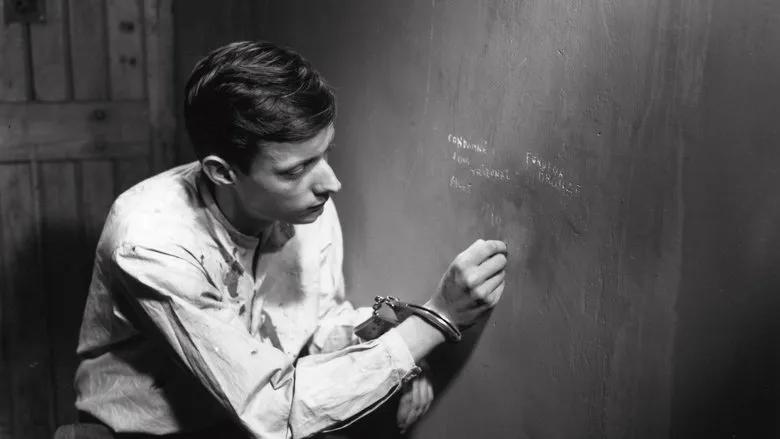
3. A Man Escaped
Robert Bresson’s A Man Escaped is a profound masterclass in minimalist filmmaking, a stark and deliberate rejection of grand cinematic theatrics. The plot, detailing the desperate efforts of a French Resistance fighter to escape a Nazi prison, appears deceptively simple on paper. Yet, Bresson’s unparalleled directorial vision elevates it into an experience of singular tension and immediacy. He achieves this through an almost surgical precision, employing close-ups and medium shots that meticulously obscure the full layout of the prison, forcing the audience to experience the confined world through the protagonist’s limited perspective.
The film’s sparse soundtrack is punctuated only by sharp environmental sounds, further heightening the sense of realism and vulnerability. The disembodied voices of guards become instruments of oppressive omnipresence. This deliberate, disciplined approach, focusing on the meticulous preparations and sensory details rather than sweeping acts of heroism, dramatically contrasts with the sprawling narratives found in films like The Shawshank Redemption or the flashy escapades of Prison Break. Bresson offers instead a profoundly realistic, understated, and ultimately, far more visceral portrayal of the sheer mental and physical fortitude required for an escape. It’s a film that resonates because it truly allows you to feel what it’s like to be trapped, and to yearn for freedom.
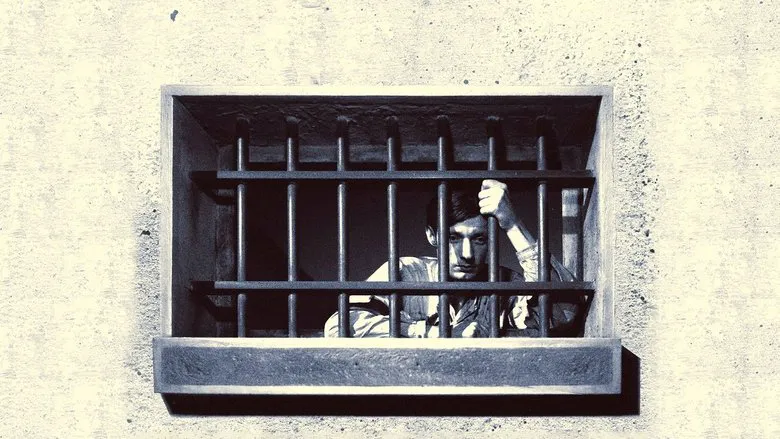
4. Runaway Train
Akira Kurosawa’s Runaway Train, adapted from his original screenplay, stands as an undisputed masterpiece that transcends the typical prison escape genre. Its brilliance lies in its fearless exploration of the raw, untamed duality of human nature, where the lines between inherent good and pervasive evil blur and intertwine amidst a desperate scramble for survival and freedom aboard a roaring, unstoppable train. The ending sequence, with the protagonist embracing a defiant, almost mythical freedom atop the titular runaway train while the pursuing warden is left utterly helpless, is truly iconic – a powerful visual metaphor for liberation in its purest, most chaotic form.
The characters within Kurosawa’s vision are complex, deeply flawed, and richly drawn, challenging conventional notions by presenting no clear-cut heroes or villains but rather individuals driven by their instincts and past traumas. As a high-octane disaster film, its pacing is flawlessly executed, delivering perfectly timed twists and turns that keep you on the edge of your seat. In many ways, its thematic depth and visceral urgency allow it to stand proudly alongside, and arguably even surpass, the more celebrated The Shawshank Redemption, notably preceding it in cinematic history.
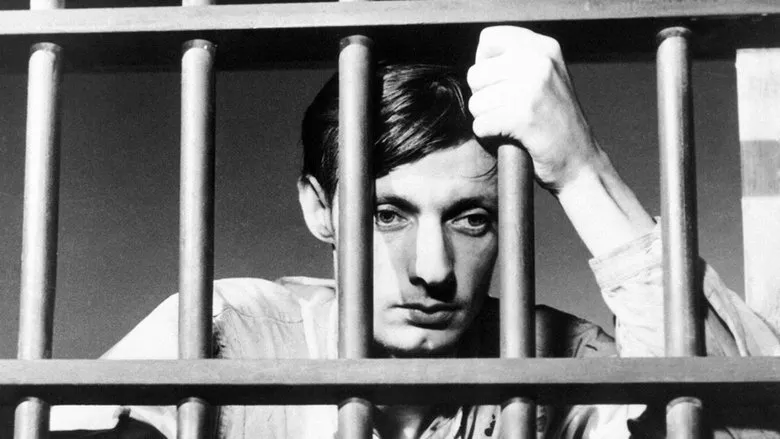
5. Escape from Sobibor
The latter part of Escape from Sobibor is nothing short of a heart-stopping, emotionally charged experience. As the narrative progresses, viewers find themselves utterly engrossed, fiercely rooting for these characters who are forced to confront unimaginable horrors, admiring their unwavering will to survive against impossible odds. What begins as a harrowing depiction of passive suffering transforms into an inspirational testament to human resilience, as these individuals evolve from docile victims into courageous fighters, meticulously planning and executing a mass uprising to reclaim their lives.
This film leaves a profound emotional imprint; its stark depiction of the desperate escape from a Nazi extermination camp is genuinely affecting. The escape scene itself delivers a powerful, albeit brief, sense of relief and triumph. However, the subsequent historical context, particularly insights from works like “Auschwitz: A New History,” serves as a sobering reminder that the brutal realities of history often far outweigh the capacity of even the most poignant fiction to fully capture. Escape from Sobibor remains a vital, unsettling, and ultimately moving piece of cinema that immortalizes a remarkable act of defiance.
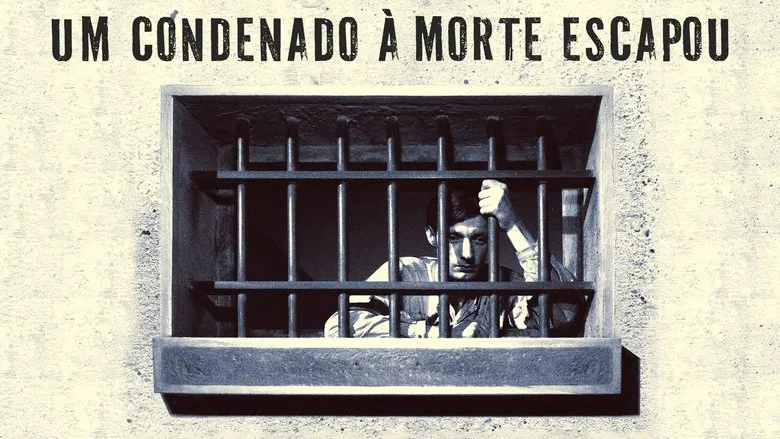
6. The Stanford Prison Experiment
The Stanford Prison Experiment delves into one of the most infamous psychological studies in history, raising deeply unsettling and profound questions about the ethics of human research. The film powerfully suggests that even under the guise of legal or scientific constraints, experiments can catastrophically cross moral boundaries, exposing the dangerous ease with which humanity can descend into cruelty. It’s been noted that the cinematic adaptation, while impactful, might have actually sanitized some of the true horrors and psychological abuse that unfolded during the real-life experiment, making the actual events even more disturbing.
The film starkly highlights just how readily individuals succumb to the corrupting influence of power, whether as an abuser or a victim. As Erich Maria Remarque so presciently observed in All Quiet on the Western Front: “Give a man a piece of meat, and he will take it. Give a man power, and he will become savage.” This sentiment is disturbingly reflected in the film’s portrayal of individuals transforming under the weight of authority. What makes the narrative even more chilling is the insidious pleasure one can derive from controlling others, even when fully aware that such actions are fundamentally wrong. It’s a challenging watch that forces a hard look at human nature and institutionalized authority.
